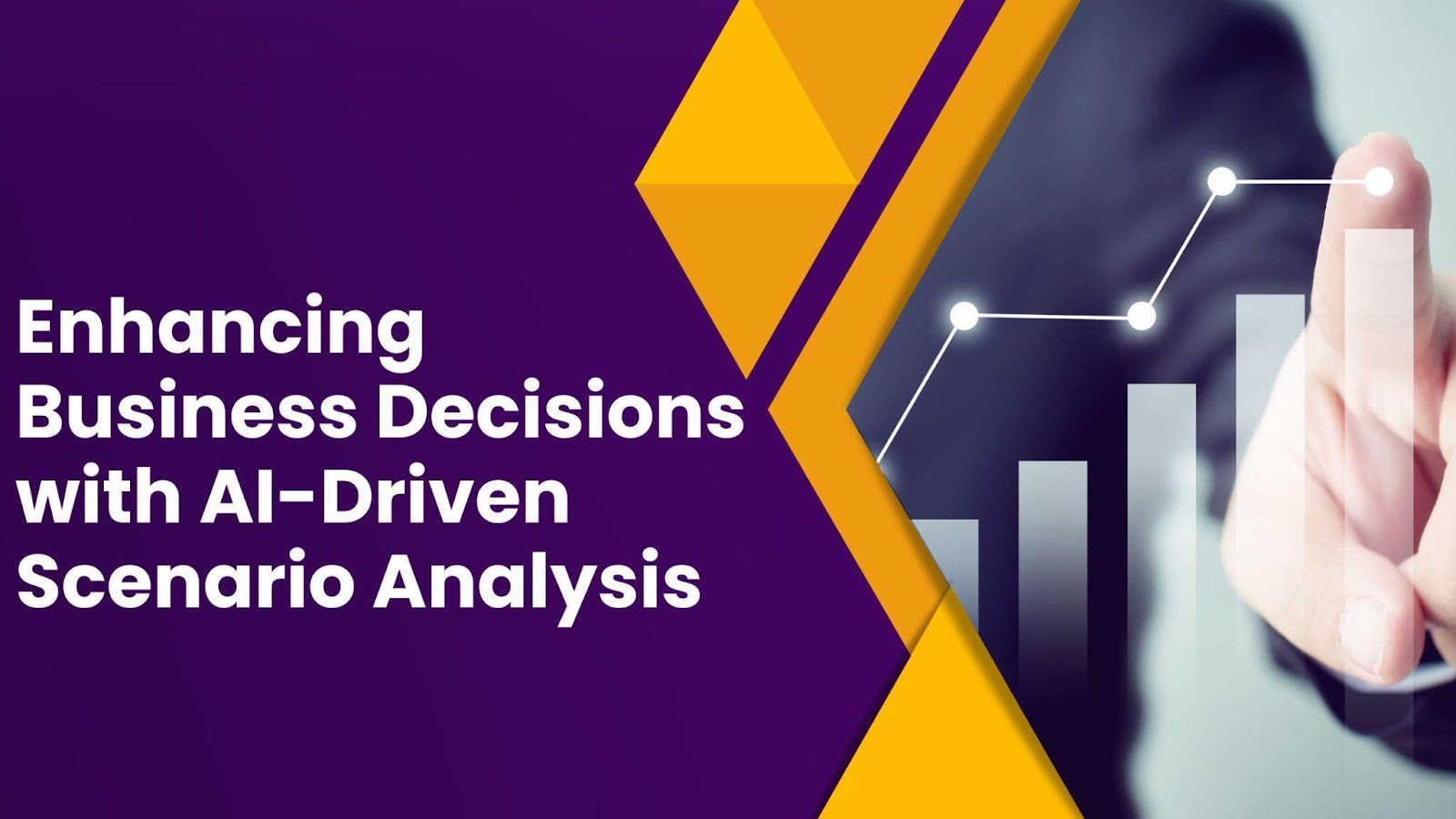In today’s digital era, Artificial Intelligence (AI) is revolutionizing the field of business analytics by replacing traditional, static methods with dynamic, data-driven insights. By leveraging AI’s capabilities in predictive modeling, businesses can analyze complex scenarios with greater accuracy, uncovering patterns and trends that were previously hidden. Deepti Bitra, a recognized authority in this domain, delves into how AI enhances decision-making by enabling organizations to adapt quickly to market shifts and operational challenges. Her work highlights the transformative potential of AI in refining scenario analysis, driving strategic innovation, and empowering businesses to navigate uncertainty with confidence and precision.
From Static Models to Intelligent Systems
Traditional scenario analysis predominantly utilized deterministic models and statistical techniques, which were limited by their reliance on structured data and inability to manage the complexity, velocity, and variety of modern datasets. These methods often fell short in capturing dynamic, non-linear relationships critical to strategic decision-making. The advent of AI has transformed this landscape by introducing advanced algorithms capable of processing vast volumes of diverse data, uncovering complex patterns, and generating highly accurate predictive insights. AI-driven systems adapt seamlessly to real-time data, empowering organizations to navigate uncertainties, optimize resource allocation, and maintain a competitive edge through agile and data-informed strategic planning.
Real-Time Revenue and Cost Insights
AI-driven solutions are revolutionizing revenue management and cost optimization by integrating advanced analytics and machine learning capabilities. Leveraging vast datasets, AI identifies patterns in competitor pricing, market trends, and consumer behavior, enabling real-time dynamic pricing strategies that boost profitability and competitiveness. These systems adapt quickly to fluctuating market conditions, ensuring optimal price points for maximum revenue. On the cost side, AI enhances operational efficiency by forecasting resource needs with remarkable accuracy, leading to optimized budget allocations. Predictive maintenance powered by AI minimizes unplanned downtime, reduces operational costs, and enhances productivity by identifying potential issues before they escalate into significant disruptions.
Redefining Risk Assessment
AI’s role in risk assessment and stress testing marks another leap forward in scenario planning. Financial risk models powered by AI can process complex market signals to forecast interest rate impacts and market fluctuations accurately. These systems also enable organizations to simulate extreme market conditions, preparing them for unforeseen disruptions.
Operational risk assessments have also benefited significantly. From supply chain disruptions to regulatory compliance, AI systems provide detailed insights that help businesses mitigate risks proactively. Automated monitoring tools ensure regulatory adherence, reducing compliance-related errors and improving efficiency.
Overcoming Challenges in Implementation
While the benefits are compelling, integrating AI into scenario analysis poses challenges. Data quality and accessibility remain critical hurdles, with many organizations grappling with fragmented and inconsistent datasets. Ensuring model transparency and reliability also requires robust validation and monitoring frameworks.
Technical complexities, including integrating AI systems with existing infrastructures, further complicate adoption. However, emerging technologies such as edge computing and distributed architectures offer promising solutions, enabling real-time data processing and seamless system connectivity.
The Future of AI in Scenario Analysis
The evolution of AI in business analytics is poised for even greater advancements. Emerging swarm intelligence algorithms, inspired by natural systems, are set to enhance optimization and adaptability in scenario planning. The integration of IoT with AI promises to revolutionize industries like smart agriculture and industrial automation, enabling precise resource utilization and improved decision-making.
Hybrid approaches that combine traditional analytical methods with AI capabilities are gaining traction, offering a balanced pathway for organizations transitioning to advanced analytics. As AI technologies mature, their applications across diverse business contexts will only expand, driving innovation and operational excellence.
In conclusion, Deepti Bitra’s insights underscore the revolutionary impact of AI in transforming the landscape of business scenario analysis. Her perspectives emphasize how organizations can address current challenges and capitalize on the rapid advancements in AI technologies to unlock unprecedented potential.By integrating AI-driven systems, businesses can gain deeper insights, streamline operations, and make more informed, data-driven decisions. As business analytics evolves, AI’s role will become increasingly essential, empowering organizations to adapt to changing markets, optimize strategies, and secure competitive advantages. This vision highlights a future where AI serves as the foundation for smarter, faster, and more agile decision-making.



































